12 years China Customzied Shop Fittings manufacturer

Child-sized metal shopping carts are scaled-down replicas of traditional shopping carts, tailored specifically for young shoppers. Constructed from durable metal, these carts mirror the robustness and longevity of their full-sized counterparts found in stores. Such engagement enriches the shopping experience for children, enabling parents to concentrate better on their purchases. These carts are cost-effective, durable, and offer enduring utility. Available in a diverse palette of colors, they can be customized to captivate young customers or to complement your store’s decor, enhancing the overall shopping environment.
JY Shopfitting as one of professional shopping trolley supplier have the advantages as following:
We at JY Shopfitting have 12 years of experience in shopping cart manufacturing and have gained extensive experience in supplying quality laundry carts that can fully meet your market needs.
All our metal shopping carts are manufactured in strict accordance with ISO9001 standards, offering unbeatable quality at competitive prices.。
Commonly delivery time for the trolley ,short from 25 days,after confirm the order.Depend on the Order Qty.
As a professional shopping cart supplier, we have a 7-person design team and are able to provide OEM/ODM services to customers.
JY Shopfitting ensure the quality of our shopping trolleys, and we take full responsibility for any defects. You are completely risk-free.
Professional QC team inspects the products from raw materials, cutting, forming, welding, polishing, electroplating, packaging and other processes
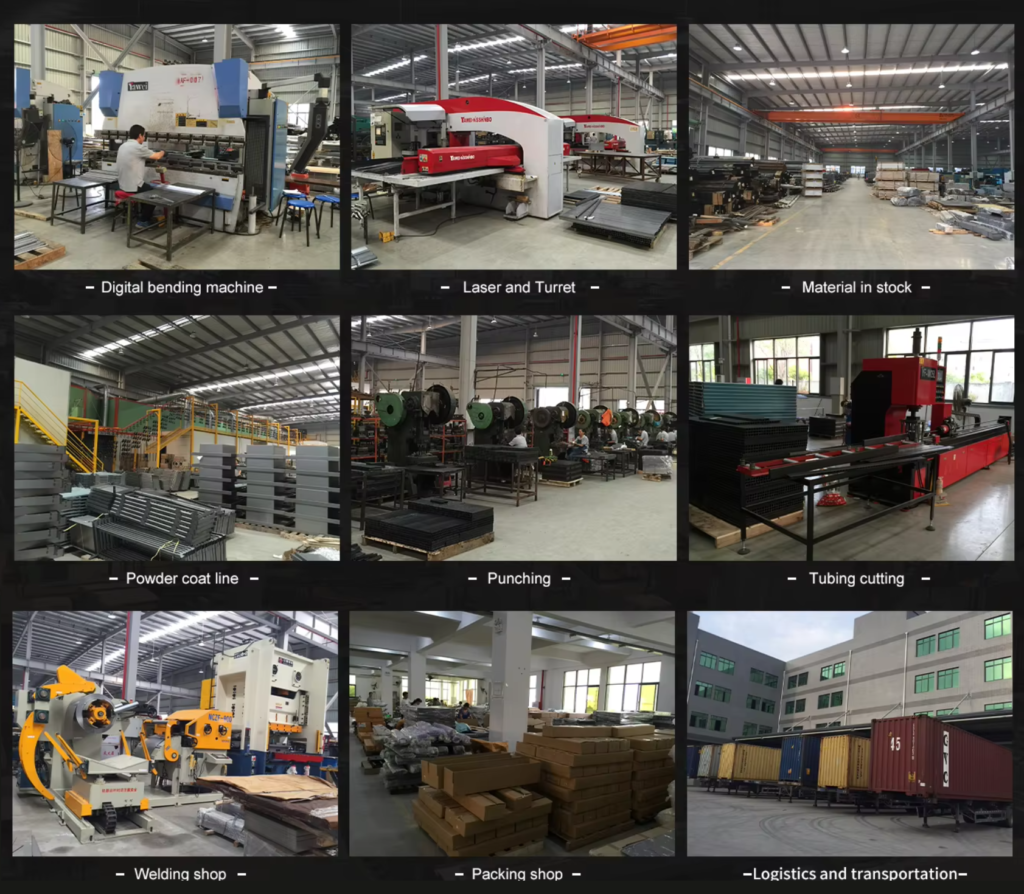
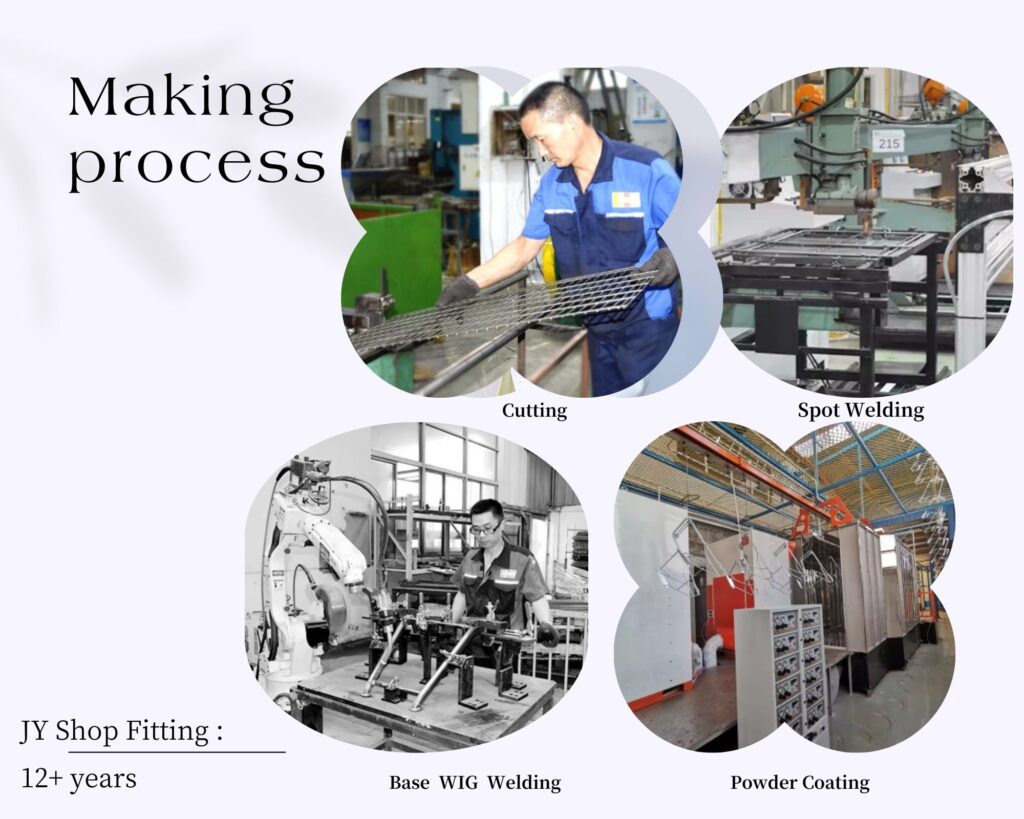
Quality is life. Strict inspection process is the key to maintaining product quality and the most important reason why our metal trolleys are popular in Europe and America.
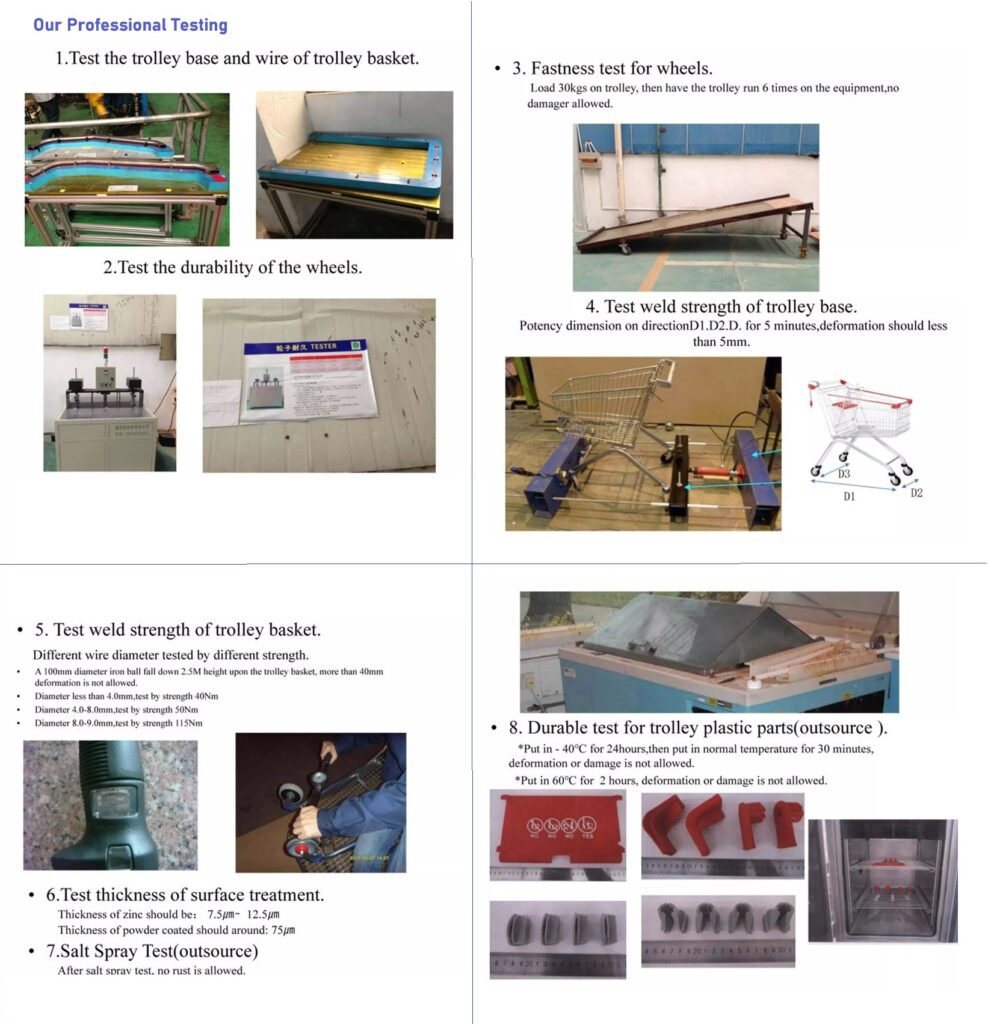
This packaging method can make better use of space, load more carts, reduce freight costs, and better protect the products to prevent bumps during transportation.

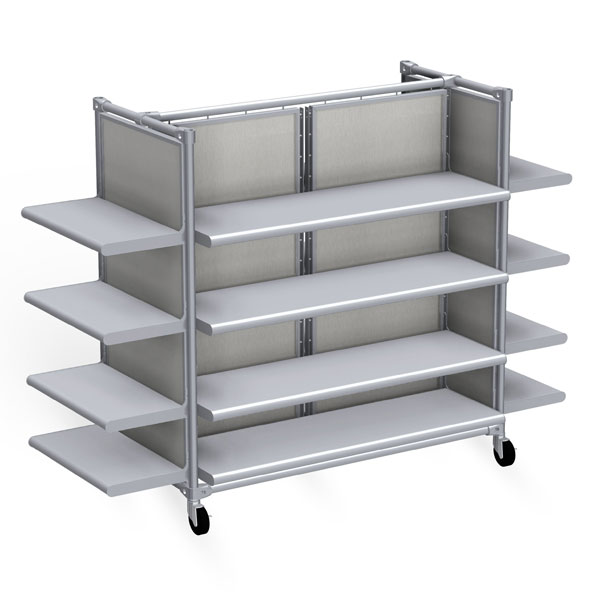
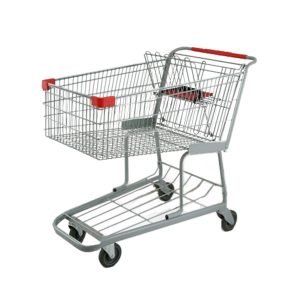

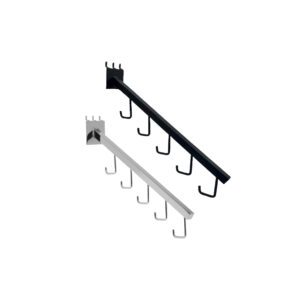
Kid-friendly shopping carts can boost store sales by up to 20% per trip. Not all kid-friendly carts deliver the same value. Modern shopping cart cars like the Bean Double stand out with their recessed seats and safety belts that keep little ones secure while preventing falls. These innovative carts make shopping fun with their low-to-ground designs and exciting themes. Your kids will love choosing between race cars, police cars, and fire trucks.
Looking for the safest options to shop with kids? This piece will help you find the perfect cart for your family. We tested carts in 30 different stores and discovered exactly what features matter most. Let us show you where to find the best options that work for both parents and children.
Kid-friendly shopping carts at major retail chains come in three types: metal, plastic, and hybrid designs that mix both materials. Stores like Mariano’s caught our attention with their fun themed carts that look like taxis, firetrucks, and John Deere tractors.
Big retailers know how important safe, child-friendly carts are. Walmart will give all its Supercenters two special Caroline’s Carts and at least one to Neighborhood Markets by early 2025. These carts have built-in spaces with seats that pull back and special spots to secure car seats.
The best kid shopping carts we tested had several key safety features. Most carts have waist belts you can adjust, and some newer ones come with shoulder straps. The leg hole closures work as back support too, so kids can sit back comfortably while you shop.
Aldi and Lidl always had double-seat options in our tests. You’ll find dual-seat carts at Target and Publix too, but they’re not always available everywhere. HEB stores in Texas take it further – all their regular-sized carts have room for two kids.
Some stores offer special features that stand out. Home Depot’s carts come with steering wheels that kids love to play with. Some grocery chains in the Pacific Northwest even have Playlands where kids between 2-6 can play with supervision while parents shop.
The metal carts get a colored powder coating to fight rust and corrosion. Plastic ones are made from polypropylene with food-safe color granules mixed in. These choices help the carts last longer and keep kids safe.
Our tests showed that kid-friendly carts boost customer satisfaction by making family shopping trips easier. These special carts let kids take part in shopping, which often makes families more likely to return to the store.
Recent safety data shows worrying numbers about shopping cart injuries among children. Between 2002 and 2006, approximately 114,684 children aged 14 and younger needed emergency care because of shopping cart accidents. The injury rate went up slightly during this time. Boys had 38.9 injuries per 100,000 person-years while girls had 36.5.
Research in stores found that regular shopping carts aren’t stable enough. Most accidents happen when children fall out of carts (58%) or when carts tip over (26%). Babies who are one year old or younger face the biggest risks from cart tip-overs, especially in standard seating positions.
A look at cart designs showed several significant safety issues. High-quality wheels with 360-degree rotation are vital to move smoothly and avoid tripping. Sturdy materials like stainless steel or galvanized coating showed better durability against weather and regular use.
Tests of cart stability proved that weight distribution matters a lot. Carts that were too full or packed unevenly tipped over more easily, especially at higher speeds. The tests also showed that pushing carts from behind gives better control than pulling them.
Current safety features don’t work well enough for different age groups. Standard baby seats and safety belts don’t protect children under one year properly because carts still tip over too easily. The numbers suggest stores need to completely redesign their shopping carts to fix these safety issues.
Tests in stores proved that child-friendly carts with good safety features make shopping better. Children could control carts better when they had soft, non-slip grip surfaces. Edge protectors and extra safety belts also helped keep kids secure while shopping.
Looking at costs, specialized children’s carts cost about $60 each – a small investment for stores. Even though these small carts sometimes crowd the aisles, they usually pay off through loyal customers who keep coming back.
Retailers nationwide create unique experiences with their children’s shopping carts. Trader Joe’s makes shopping fun with a treasure hunt that lets kids search for hidden stuffed animals and earn treats when they check out.
Sam’s Club’s carts are the roomiest, with an impressive 15,548 cubic inches of storage space. These carts can hold four 2-liter bottles and still have room left over. Aldi’s carts are a close second with 14,947 cubic inches. Both stores and Costco give families options with special double-seat carts that work great for shopping with multiple kids.
Target’s carts stand out because they have built-in cup holders – a feature shared by only one other retailer. These cup holders have become quite a topic on social media. Dollar Tree takes a different approach with smaller carts that hold 6,720 cubic inches of storage, which is less than half what warehouse clubs provide.
The Bean Double retail cart brings innovation with its ground-hugging design. These carts come with baskets that range from 7,000 to 25,400 cubic inches. Kids love them because they look like race cars, police vehicles and fire trucks.
Fresh Thyme makes shopping exciting by hiding a small red tractor in the store. Young shoppers who spot it get organic lollipops as a reward. Mariano’s catches children’s attention with themed carts that look like taxis, firetrucks and sometimes even John Deere tractors.
Grocery chains have created programs that welcome families. Whole Foods runs a Kid’s Club that gives out free organic treats. Market District’s Little Shopper’s Treat Card costs just $1 per year. Fred Meyer does something different with Playland – supervised rooms where kids aged 2-6 can play while their parents shop.
Commercial children’s cart prices show big differences. Simple metal models start at $115.95. Adding custom features like printed handles costs an extra $95, though buying in bulk can result in savings up to 27.7%.
Shopping cart safety data shows why picking the right cart keeps your family safe. Traditional carts can be dangerous, but retailers now offer better options that keep kids secure. Major stores like Walmart, Target, and Sam’s Club now lead with improved safety features – you’ll find adjustable belts and seats that hold children firmly in place.
Tests show real differences between metal, plastic and hybrid cart designs. Warehouse clubs do well with their roomy double-seat options. Stores like Fresh Thyme and Trader Joe’s turn shopping into an adventure with their treasure hunts and rewards.
Smart parents check for key safety features before they pick a cart. Good restraints, solid construction and wheels that roll smoothly matter most. Some stores offer fun options like the Bean Double or Caroline’s Cart that keep young shoppers both entertained and safe.
The right cart for you depends on what you need. Think about your kids’ ages, how the store is laid out, and what safety features you can get. Stores pay more for special carts but these investments help families shop safely and happily. This builds customer loyalty and drives up sales.
Q1. How common are shopping cart injuries among children? From 2002 to 2006, approximately 114,684 children aged 14 and younger visited emergency departments due to shopping cart accidents. The injury rate showed a slight increase over this period, with males experiencing more injuries than females.
Q2. What safety features should parents look for in children’s shopping carts? Parents should look for carts with adjustable waist belts, shoulder straps, leg hole closures that double as back support, and smooth-rolling wheels. Some advanced models also offer specialized docks for securing car seats.
Q3. Which stores offer the best options for shopping with children? Stores like Walmart, Target, and Sam’s Club lead in providing enhanced safety features. Warehouse clubs excel with spacious double-seat options, while specialty retailers like Fresh Thyme and Trader Joe’s offer fun shopping experiences through treasure hunts and rewards programs.
Q4. Are there any alternatives to traditional shopping carts for families? Yes, some stores offer alternatives like the Bean Double retail cart with low-to-ground designs and themed options such as race cars and fire trucks. Additionally, some retailers provide supervised Playland areas where children aged 2-6 can engage in activities while parents shop.
Q5. How can parents ensure a safe shopping experience with children? Parents should choose carts with proper safety features, avoid overloading or unevenly packing carts, push rather than pull the cart, and always keep children seated and secured. It’s also advisable to consider using a stroller or wagon instead of a shopping cart when possible.
JY has over a decade of providing one-stop metal shop fixture solution for all industry needs. With rich experience¸ we have a deep understanding about the unique challenges and requirements of our customers.